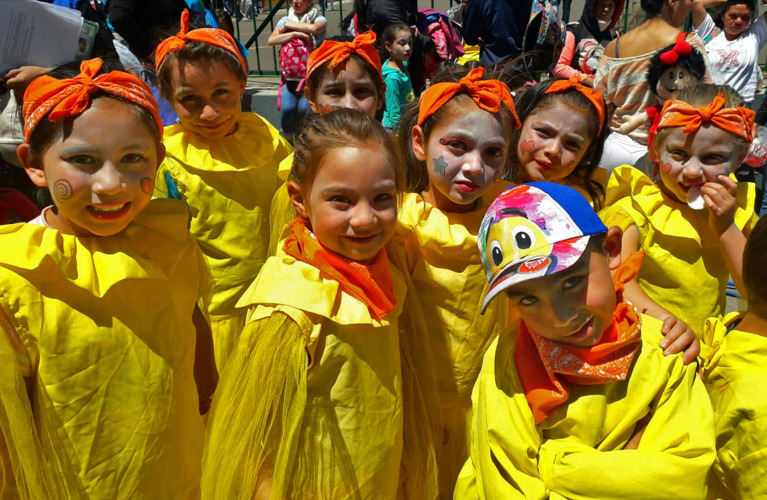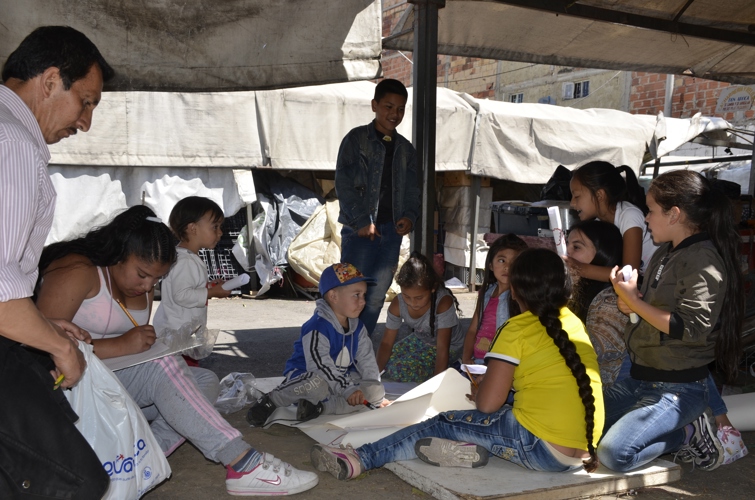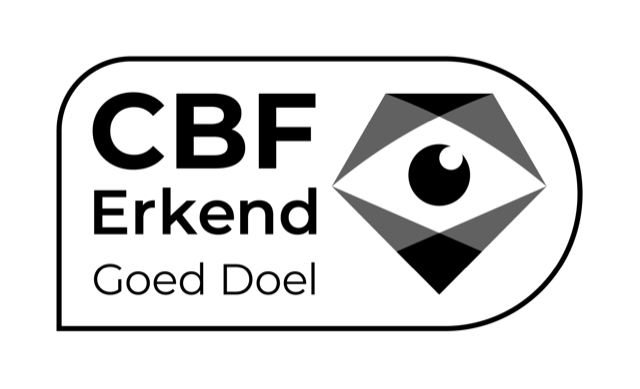)
Talent development of working children
€ 40.000 until 2023
Locatie
2 neighborhoods in Bogotá
Protecting the rights of working children and young people in Bogota
Our partner organization Fundación Creciendo Unidos (FCU) has developed a program for these children (on average between 5 and 16 years old). A total of 148 vulnerable children and their families received tailored counseling in 2023. They received health support (vaccinations, healthy lifestyle, access to care), counselling in the event of abuse (including sexual and domestic violence). They also received homework support and numerous workshops to develop their talents: dance, sports and art.
The families of these children received psychosocial support and are involved as much as possible in the work with the children. The mothers participated in baking and pastry workshops to increase their income.


New child culture
FCU employs specialised social workers, a psychologist and a teacher to provide this counselling.
It also works with (local) government child and youth policy agencies to better respect and implement children's rights. These activities fit into a more comprehensive vision, where FCU empowers children and young people to claim their rights and work towards a Nueva Cultura de Infancia (new children's culture). This involves, for example, actively participating in dialogue on children's rights in so-called children's assemblies.
Results
In 2023, Wereldkinderen was able to help 148 children and their families with:



